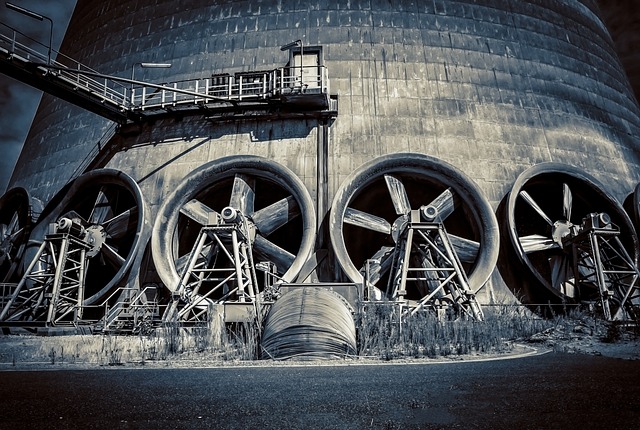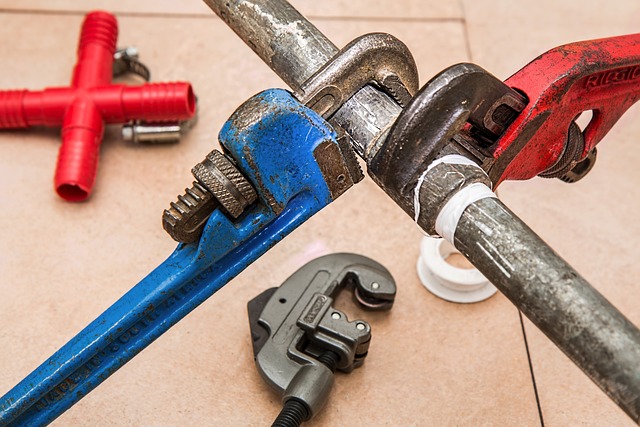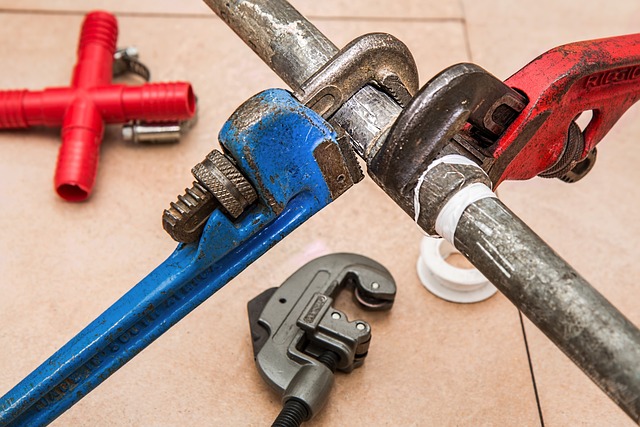The Importance of HVAC Systems in Architectural Design for Philadelphia Buildings
Airwave Architects: Designing Cooling Systems for Philly
When it comes to architectural design in Philadelphia, one crucial aspect that cannot be overlooked is the hvac system. HVAC, which stands for heating, ventilation, and air conditioning, plays a vital role in ensuring the comfort and well-being of the occupants of any building. In a city like Philadelphia, where summers can be hot and humid, having an efficient cooling system is of utmost importance.
Philadelphia’s climate is characterized by hot and muggy summers, with temperatures often reaching the high 80s and 90s. This can make living and working in the city unbearable without proper cooling systems in place. As such, architects in Philadelphia must carefully consider the design and implementation of HVAC systems to ensure optimal comfort for building occupants.
One of the key challenges faced by architects in Philadelphia is the need to balance energy efficiency with cooling effectiveness. With rising energy costs and increasing concerns about environmental sustainability, architects must find innovative ways to design cooling systems that are both efficient and effective. This requires a deep understanding of the principles of thermodynamics and the ability to integrate HVAC systems seamlessly into the overall architectural design.
Airwave Architects, a leading architectural firm in Philadelphia, has been at the forefront of designing cooling systems that meet the unique needs of the city. Their team of experts combines their knowledge of architectural design with expertise in HVAC engineering to create innovative solutions that maximize comfort while minimizing energy consumption.
One of the strategies employed by Airwave Architects is the use of passive cooling techniques. By incorporating features such as shading devices, natural ventilation, and thermal mass, they are able to reduce the reliance on mechanical cooling systems. This not only helps to lower energy consumption but also creates a more sustainable and environmentally friendly building.
In addition to passive cooling techniques, Airwave Architects also utilize advanced technologies to enhance the efficiency of HVAC systems. This includes the use of smart thermostats, energy recovery ventilation, and variable refrigerant flow systems. These technologies allow for precise control of temperature and airflow, ensuring optimal comfort while minimizing energy waste.
Another important consideration for architects in Philadelphia is the preservation of historical buildings. The city is known for its rich architectural heritage, and preserving these buildings while incorporating modern cooling systems can be a delicate task. Airwave Architects excels in this area, employing a sensitive approach that respects the historical integrity of the building while providing the necessary cooling infrastructure.
The importance of HVAC systems in architectural design for Philadelphia buildings cannot be overstated. Without proper cooling systems, buildings in the city would be uninhabitable during the hot summer months. Airwave Architects understands this and has made it their mission to design cooling systems that not only meet the functional requirements but also enhance the overall architectural aesthetic.
In conclusion, the design of HVAC systems is a critical aspect of architectural design in Philadelphia. With the city’s hot and humid summers, having an efficient cooling system is essential for the comfort and well-being of building occupants. Airwave Architects, with their expertise in both architectural design and HVAC engineering, are leading the way in designing innovative cooling systems that balance energy efficiency with cooling effectiveness. Their use of passive cooling techniques, advanced technologies, and sensitivity to historical preservation sets them apart as the go-to firm for HVAC design in Philadelphia.



